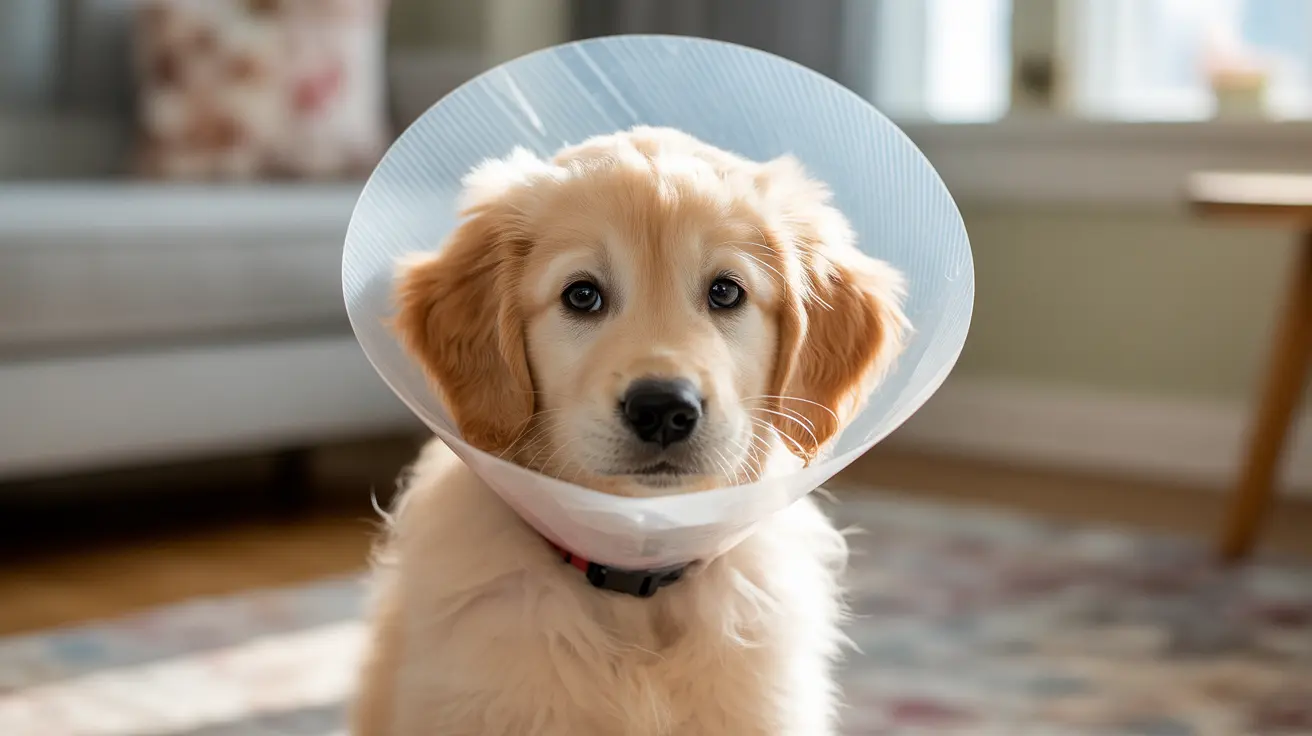Recent cases of canine parvovirus in Boston have prompted the Massachusetts Society for the Prevention of Cruelty to Animals (MSPCA) to issue an urgent reminder about the importance of vaccination. The alert comes after three golden retriever puppies were diagnosed with the highly contagious virus in late August, with two requiring hospitalization for treatment.
The good news is that all three puppies have now recovered, but the incident serves as a critical wake-up call for dog owners about the continued presence of this dangerous virus in our communities. The MSPCA-Angell's response highlights the ongoing need for vigilance in protecting our canine companions through proper vaccination protocols.
Understanding Parvovirus Transmission and Risk
Canine parvovirus is one of the most serious threats to unvaccinated puppies and dogs. The virus spreads through direct contact with infected feces or contaminated environments, making it particularly challenging to control in urban areas where dogs frequently gather.
Parvo Virus Survival in the Environment
One of the most concerning aspects of parvovirus is its remarkable ability to persist in the environment. The virus can remain viable for months or even longer without proper disinfection, creating long-term risks in affected areas.
Parvo Symptoms in Puppies to Watch For
Early detection can make a crucial difference in treatment outcomes. Pet parents should be vigilant for the following warning signs:
- Severe lethargy
- Loss of appetite
- Vomiting
- Bloody diarrhea
- Dehydration
Parvo Treatment Options
Modern veterinary medicine offers several approaches to treating parvovirus infections:
- Traditional supportive care with IV fluids
- Antibiotics to prevent secondary infections
- Newer monoclonal antibody therapy
- Round-the-clock monitoring in severe cases
Essential Parvo Prevention Tips
The MSPCA emphasizes that prevention through vaccination remains the most effective strategy against parvovirus. Key preventive measures include:
- Following the recommended puppy vaccination schedule
- Avoiding high-risk areas until vaccination series is complete
- Regular cleaning and disinfection of pet areas
- Limiting puppy exposure to unfamiliar dogs until fully protected
Frequently Asked Questions
What are the early signs of parvovirus infection in puppies, and how quickly do they appear?
Early symptoms typically appear 3 to 7 days after exposure and include lethargy, vomiting, loss of appetite, and bloody diarrhea.
How is canine parvovirus transmitted, and how long can the virus survive in the environment?
Parvo spreads through direct contact with infected dog feces or contaminated objects like bedding and shoes. The virus can survive in the environment for months to over a year without proper disinfection.
What is the recommended vaccination schedule to protect puppies against parvovirus?
Puppies should begin receiving the parvo vaccine at 6–8 weeks old, with boosters every 2–4 weeks until 16 weeks of age, totaling at least three doses to ensure immunity.
Taking Action to Protect Our Pets
The recent cases in Boston demonstrate that parvovirus remains a real threat to our canine companions. While the affected golden retriever puppies recovered successfully, their experience underscores the importance of maintaining proper vaccination protocols and preventive measures.
Pet owners are encouraged to consult with their veterinarians about their dogs' vaccination status and to stay informed about local parvo outbreaks. Through diligent prevention and awareness, we can work together to protect our beloved pets from this dangerous virus.






